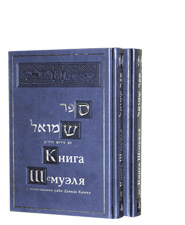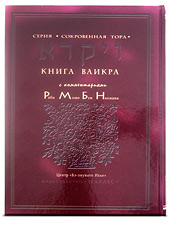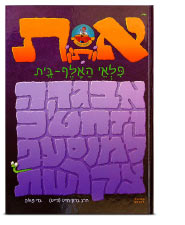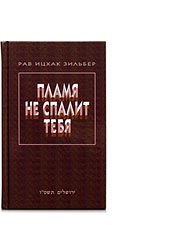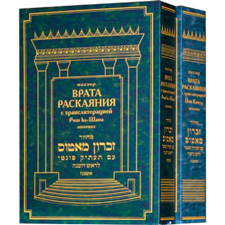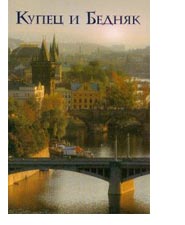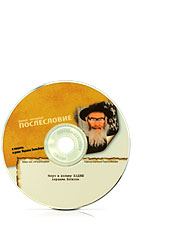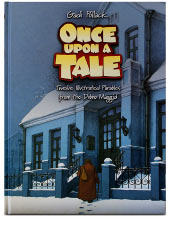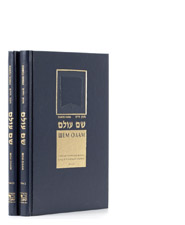
The Memoirs of Rav Yitzchok Zilber zt"l "To Remain A Jew" - Introduction
My parents were my first and only teachers, and they taught me Torah.
The memoirs of the tzaddik Rav Yitzchok Zilber zt"l were first published in Russian by Toldos Yeshurun. The English version of the book, published by Feldheim, is due to appear in Adar. We are presenting you with a preview of the book.
INTRODUCTION
I never planned to write my memoirs. I considered it tacky to brag about myself. But in private conversations and public lectures I sometimes would mention something about different people and events that I thought could teach a lesson. Those who heard my stories insisted that they affected them deeply and that it would be such a shame if these stories were not shared more widely. In the end I was convinced that it was, in fact, really important to write about my experiences.
So how did I begin speaking in public? In 1972, shortly after I arrived in
I agreed to go. In America, Rabbi Pinchas Teitz (my cousin, whom I will tell more about later) asked me, “Would you like to meet one of the most intelligent people in the world?” and brought me to Rav Yitzchak Hutner zt”l. Rav Yitzchak Hutner was one of the leading Jewish authorities of the time.
I visited Rav Hutner for what I thought would be ten minutes but turned out to be more than a half-hour. That visit changed my life. Rav Hutner was interested in hearing how I had managed to raise my children to be religious Jews in the
I started to tell him, but was afraid I would talk too much. Can it be good, I wondered, to be the guest of such a great person and to go on and on about myself? I apologized, “Excuse me, Rebbe, for talking too much.” But he replied, “Trust me, if I weren’t embarrassed, I would start crying! Speak, speak and tell this to everybody!”
Since then I started telling. If not for Rav Hutner, I never would have said a thing. I had kept quiet. Even my family didn’t know all the details about the camp, for example. When I came back from
What is preserved in our memories? What things come out once you start reminiscing? I don’t know.
I am not a young person. I was born in
I was young when I read that there is a covenant between us Jews and God. The pasuk where God appears to Avraham and says: “I will set up My covenant between Me and you and your descendants after you, throughout their generations, as an everlasting covenant” (Bereishis 17:7) shocked me. I asked what it meant and my parents explained to me that the only nation that will never abandon its belief in one God is the Jews.
The Torah continues (17:8): “I will (also) give you, and your descendants after you, the land of your sojourning, the entire land of
But my parents answered, “You will!” and I decided I needed to act right away. If my parents had reason to delay, so be it, but I didn’t have any. Receiving such a promise from God, I was not planning to wait.
So I asked passersby the location of the Commissariat of External Affairs,[1] went there, and asked to speak to the supervisor. When I was shown to him I said, “Let me go to my grandfather in
“Why do you want to go there, boy?” he questioned.
Being a simple child, I answered simply. “I need to go to
The supervisor scratched something on a sheet of paper. “Who are your father and mother? For raising you like this, they deserve to be put in prison!”
I don’t remember how I got out of there. It was only many years later that I understood how much I had endangered my parents; only a miracle can explain why they were not arrested.
I want to confess here what I did. I did the wrong thing. But I was young and naïve and I was eight years old. I never told my parents what I had done, blessed is their memory.





